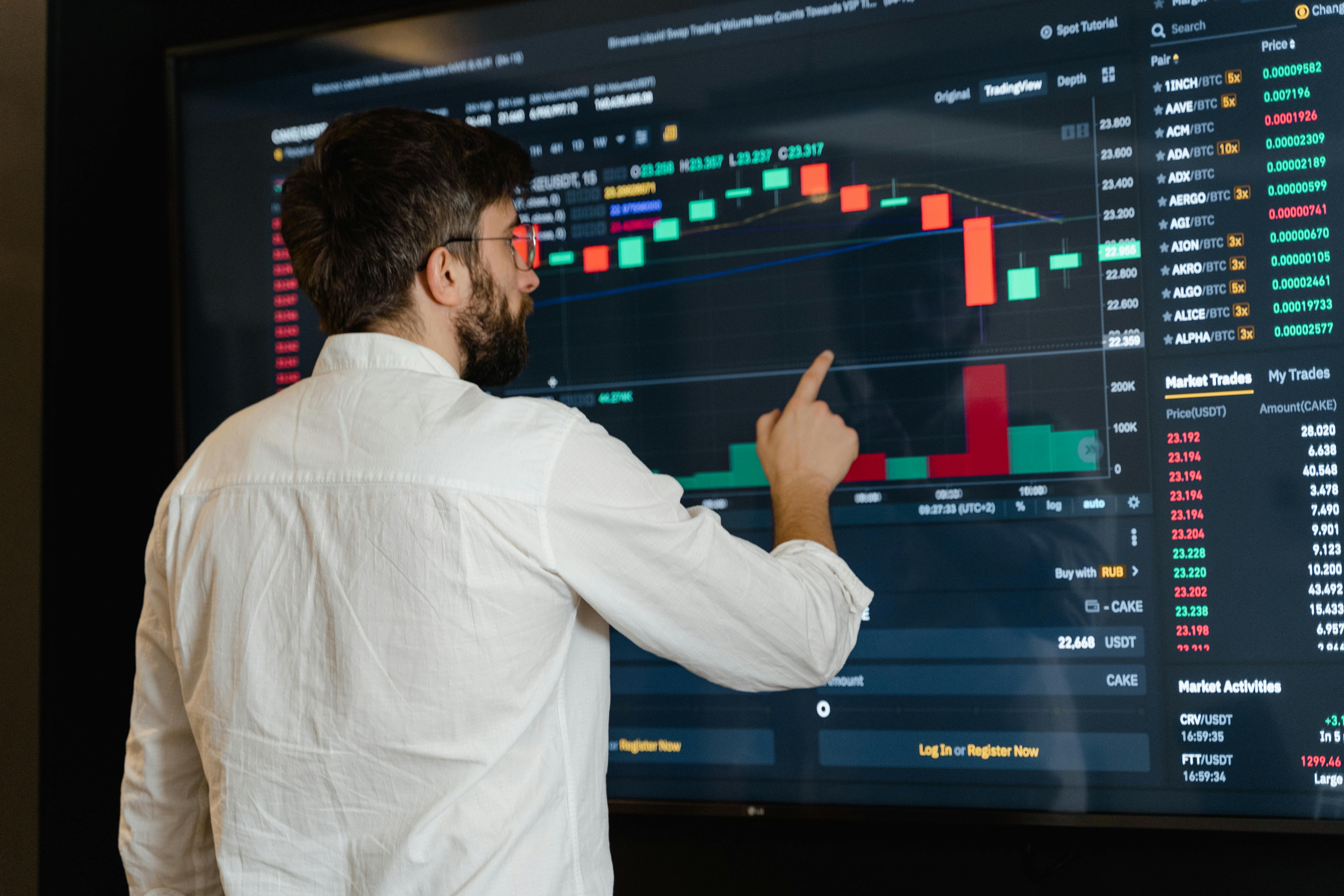
Blockchain in Smart Contract Dispute Resolution: Transforming Legal Frameworks in Decentralized Finance
Blockchain in Smart Contract Dispute Resolution: A Comprehensive Analysis
The Evolving Landscape of Decentralized Legal Mechanisms
In the rapidly expanding world of decentralized finance (DeFi), smart contract dispute resolution represents a critical intersection between technological innovation and legal framework development. The traditional legal system struggles to keep pace with the complex, borderless nature of blockchain transactions, creating an urgent need for sophisticated, adaptable dispute resolution mechanisms.
Jurisdictional Challenges in Smart Contract Disputes
Multiple international jurisdictions are developing unique approaches to blockchain dispute resolution. The United States has been particularly progressive, with regulatory bodies like the SEC and CFTC exploring frameworks that balance innovation with investor protection. Offshore financial centers such as the British Virgin Islands, Cayman Islands, and Switzerland have emerged as pivotal jurisdictions, offering more flexible regulatory environments that support blockchain dispute resolution protocols.
Key Jurisdictional Frameworks
| Jurisdiction | Regulatory Approach | Smart Contract Recognition |
|---|---|---|
| United States | Adaptive Regulatory | Partial Legal Recognition |
| Cayman Islands | Innovation-Friendly | Comprehensive Support |
| Switzerland | Technology-Neutral | Advanced Legal Framework |
| Liechtenstein | Blockchain Act | Full Legal Integration |
Advanced Dispute Resolution Protocols in Blockchain
Several cutting-edge protocols have emerged to address smart contract dispute resolution. Platforms like Kleros, Aragon Court, and Jur have developed decentralized arbitration systems that leverage blockchain's transparency and cryptographic security. These protocols utilize token-based governance models where independent arbitrators stake tokens and provide resolution services.
Top Blockchain Dispute Resolution Platforms
- Kleros: A decentralized court system using cryptoeconomic mechanisms
- Aragon Court: Token-based judicial system for decentralized organizations
- Jur: Global dispute resolution platform with AI-enhanced arbitration
Technological Mechanisms of Smart Contract Dispute Resolution
Blockchain-based dispute resolution leverages several sophisticated technological mechanisms. Cryptographic proofs, multi-signature wallets, and automated escrow systems provide layers of security and transparency. Smart contracts can now include predefined dispute resolution clauses that automatically trigger mediation or arbitration processes based on specific contractual conditions.
Market Analysis and Future Projections
Recent market data from 2023-2024 indicates significant growth in blockchain dispute resolution technologies. According to a comprehensive report by Gartner, the global blockchain legal tech market is projected to reach $3.2 billion by 2025, with dispute resolution mechanisms representing a substantial segment of this emerging ecosystem.
Market Growth Statistics
| Year | Projected Market Value | Dispute Resolution Adoption Rate |
|---|---|---|
| 2023 | $1.5 Billion | 35% |
| 2024 | $2.4 Billion | 52% |
| 2025 | $3.2 Billion | 68% |
Technical and Legal Integration Challenges
Despite significant advancements, blockchain dispute resolution faces complex technical and legal integration challenges. Issues of jurisdictional recognition, enforcement mechanisms, and standardization remain critical areas of ongoing development. Interdisciplinary collaboration between legal professionals, blockchain developers, and regulatory experts is essential to create robust, adaptable frameworks.
How RWA.codes Supports Blockchain Legal Innovation
RWA.codes specializes in developing comprehensive blockchain solutions that bridge technological innovation with legal complexity. Our expert team provides end-to-end support for tokenization projects, smart contract development, and advanced dispute resolution mechanisms. We offer specialized consulting services that help organizations navigate the intricate landscape of blockchain legal technologies.
Our expertise spans multiple jurisdictions, ensuring that blockchain projects maintain regulatory compliance while leveraging cutting-edge technological innovations. From comprehensive legal framework design to technical implementation, RWA.codes remains at the forefront of blockchain legal technology.